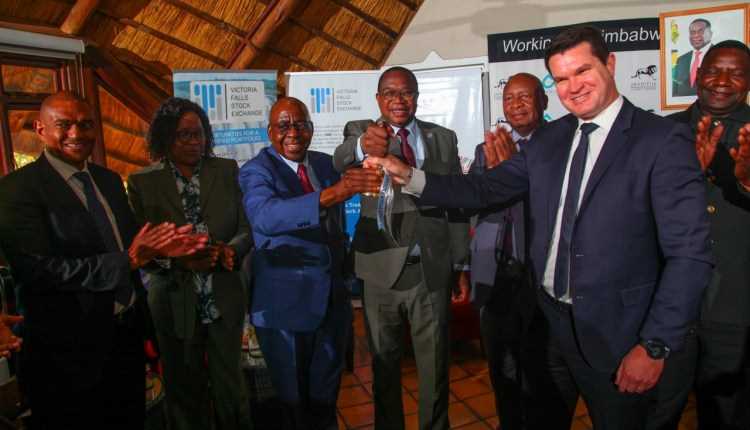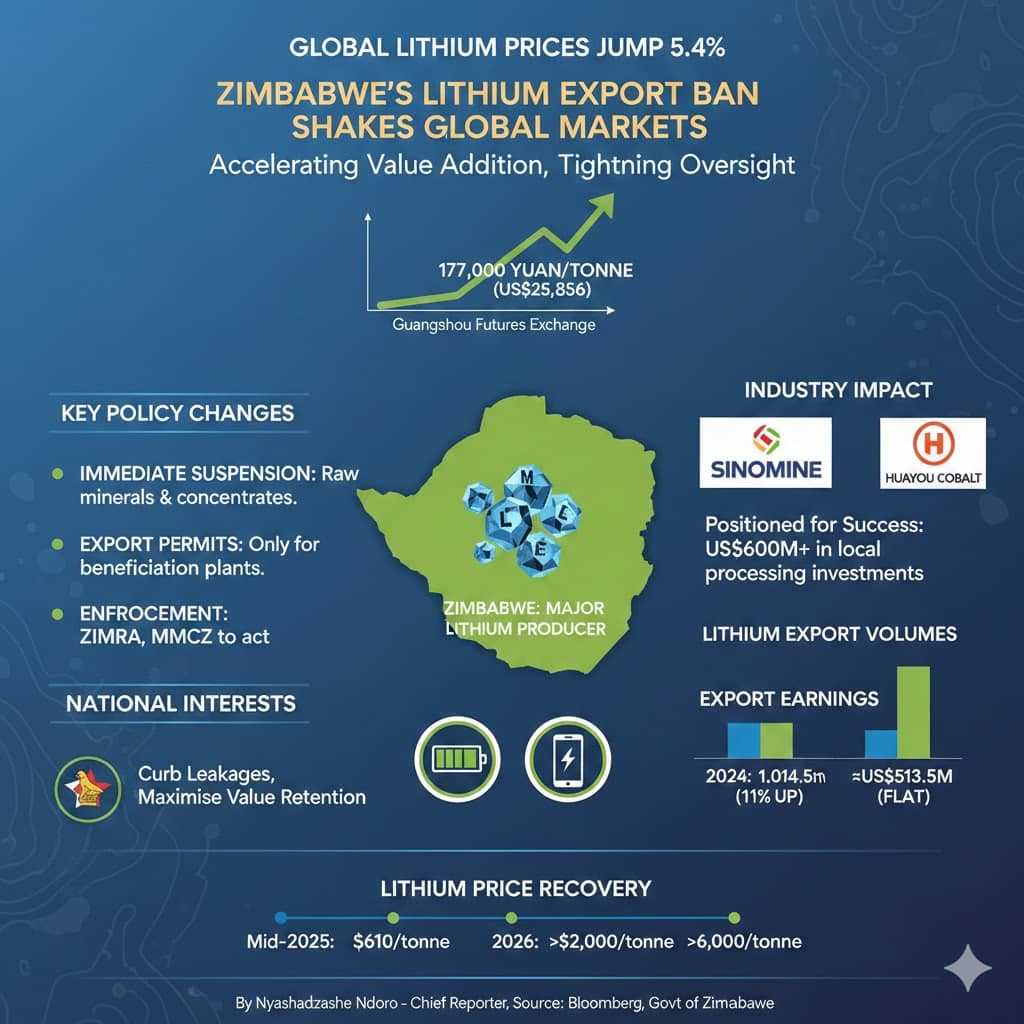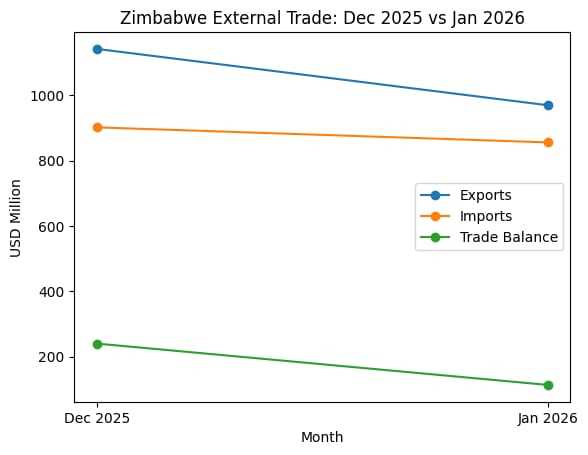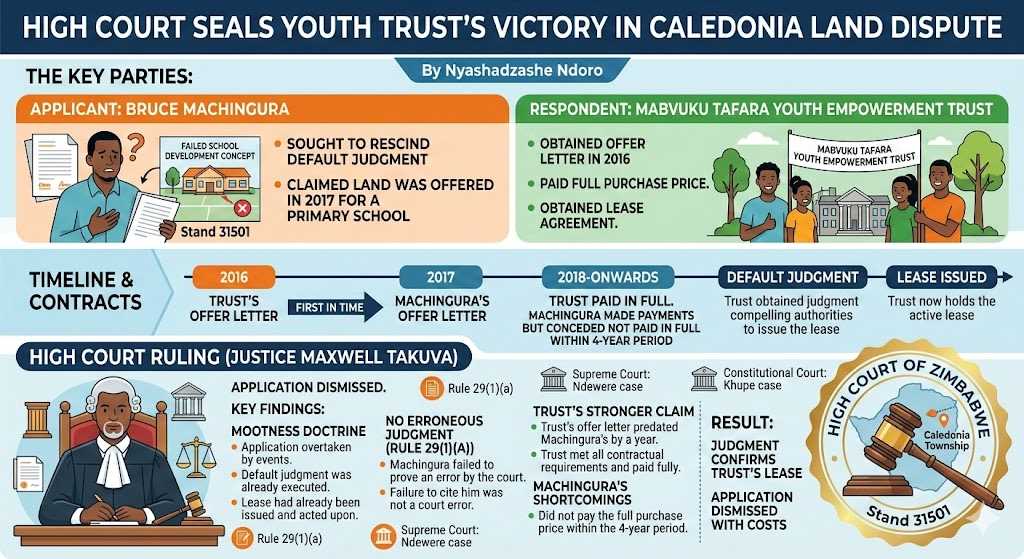
Nyashadzashe Ndoro-Chief Reporter
Government has engaged the African Legal Support Facility to provide expertise in ongoing negotiations with Invictus Energy, an Australian-listed company exploring for oil and gas in the Muzarabani area.
This development was revealed by the Deputy Minister of Mines and Mining Development responsible for Oil and Gas Research and Other Strategic Minerals Exploration, Caleb Makwiranzou, during a recent parliamentary session.
Responding to a question regarding the government's preparedness for complex petroleum agreements, Makwiranzou stated that "oil and gas are new to us" and highlighted the engagement of external experts.
He specifically mentioned the ALSF, noting that the facility has a model agreement called the Petroleum Exploration Development and Production Agreement and a petroleum toolkit. He further informed Parliament that government directors were undergoing training facilitated by the ALSF to enhance their understanding of these agreements.
The ALSF is an institution hosted by the African Development Bank that provides legal and technical assistance to African countries in negotiating complex commercial transactions, particularly in the natural resources and infrastructure sectors.
“We have been talking to experts, in particular a group called the African Legal Support Facility.
“ALSF has a model which we call PEDPA, which stands for Petroleum Exploration Development and Production Agreement. It is a model. They also have a petroleum toolkit. As I speak, some of our directors are in Victoria Falls learning how best we can do the agreements. In fact, the first thing will be the legislation, because it is new to us,” the Minister stated.
The negotiations with Invictus Energy are centered around the Petroleum Production Sharing Agreement, which will define the terms of exploitation of the discovered hydrocarbons in Muzarabani. Invictus Energy has reported significant gas and oil discoveries in the Cabora Bassa Basin, with the Mukuyu-1 and Mukuyu-2 boreholes confirming the presence of hydrocarbons. The company is currently focused on appraising the extent of these resources and moving towards commercial production.
Last month, the Zimbabwean government and Invictus Energy reached a significant agreement to consolidate the PPSA and PEDPA into a single, streamlined legal framework.
This policy breakthrough, a result of high-level discussions during an Invictus Energy board visit in late March, aims to enhance Zimbabwe’s appeal to investors in its burgeoning oil and gas sector. The unified agreement is expected to simplify approval processes, reduce bureaucratic overlap, and improve governance as the Cabora Bassa Project transitions from exploration to commercial production.
Invictus Energy’s managing director, Scott Macmillan, highlighted the consolidation as a step that provides a clearer path forward and reflects a shared commitment to the project’s success. During their visit, Invictus also announced Musuma-1 as the next key exploration well, building on the significant Mukuyu gas discovery.
Related Stories
The Musuma-1 prospect is considered a low-cost, low-risk opportunity with the potential to unlock a new exploration area and substantially increase the project’s resource base, potentially accelerating the timeline for commercial development.
The positive developments in the Cabora Bassa Basin, where Invictus Energy confirmed substantial natural gas and oil reserves in 2023, offer a promising outlook for Zimbabwe’s energy security and economic growth.
The potential monetisation of these finds could alleviate the country’s current power deficit, which is particularly acute during winter and often necessitates costly imports. Furthermore, Invictus has already signed agreements for gas-to-power projects with Eureka Gold Mine and Mbuyu Energy, signalling the potential for job creation and the development of downstream industries.
The Mukuyu gas discovery has been recognised internationally, with Wood Mackenzie ranking it as the second-largest petroleum find in Africa in 2023. Estimates suggest a substantial resource base, potentially holding trillions of cubic feet of gas and hundreds of millions of barrels of condensate.
Zim Now’s analysis of a recent African Energy Chamber report indicated a significant shift in the global energy landscape.
The report revealed that Africa was on track to become a dominant force in high-impact drilling, with projections of over 150 wells slated for completion in 2024. This anticipated surge in exploration activities is poised to reshape the continent’s energy sector, with Zimbabwe identified as a nation positioned to capitalise on this emerging trend.
The report highlighted a notable revival in Africa’s oil and gas exploration sector. Spending in this area has been on an upward trajectory since the lows experienced during the pandemic. This resurgence is primarily driven by activities in North and West Africa, with substantial contributions coming from countries such as Egypt, Algeria, Angola, and Nigeria. These regions are key drivers of exploration investments, particularly following significant discoveries in Namibia’s Orange Basin by major players like Total Energies and Shell plc.
For Zimbabwe, the potential to emerge as a significant player in the continent’s energy market has garnered attention. Invictus Energy’s ongoing drilling of the Baobab-1 well in the Cabora Bassa Basin is considered a crucial development. This follows the successful Mukuyu-1 well, which has already indicated the presence of gas-condensate, confirming a working hydrocarbon system and the potential for light oil.
Furthermore, the discovery of helium gas in commercially viable concentrations within the Mukuyu-1 well presents Zimbabwe with an opportunity to become a major supplier of this valuable resource.
The anticipated increase in exploration spending across Africa underscores the continent’s potential to evolve into a major energy hub. With sustained investments and ambitious drilling campaigns underway, Africa is expected to significantly boost its oil and gas output.
This, in turn, is projected to attract further international investment and strengthen the continent’s standing within the global energy market.
The report detailed numerous ongoing exploration activities across the continent, highlighting the massive energy potential in countries like Egypt, Somalia, Mozambique, South Africa, Namibia, Angola, Congo, Equatorial Guinea, and Guinea-Bissau.




















Leave Comments